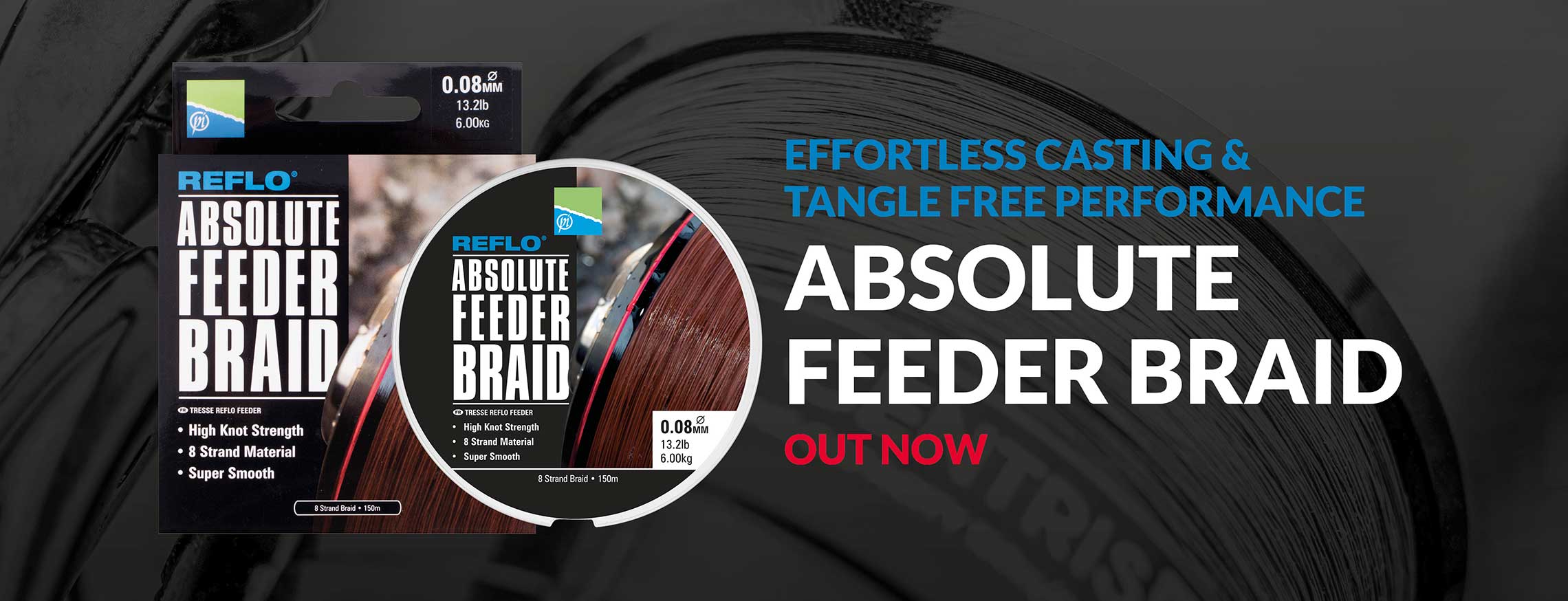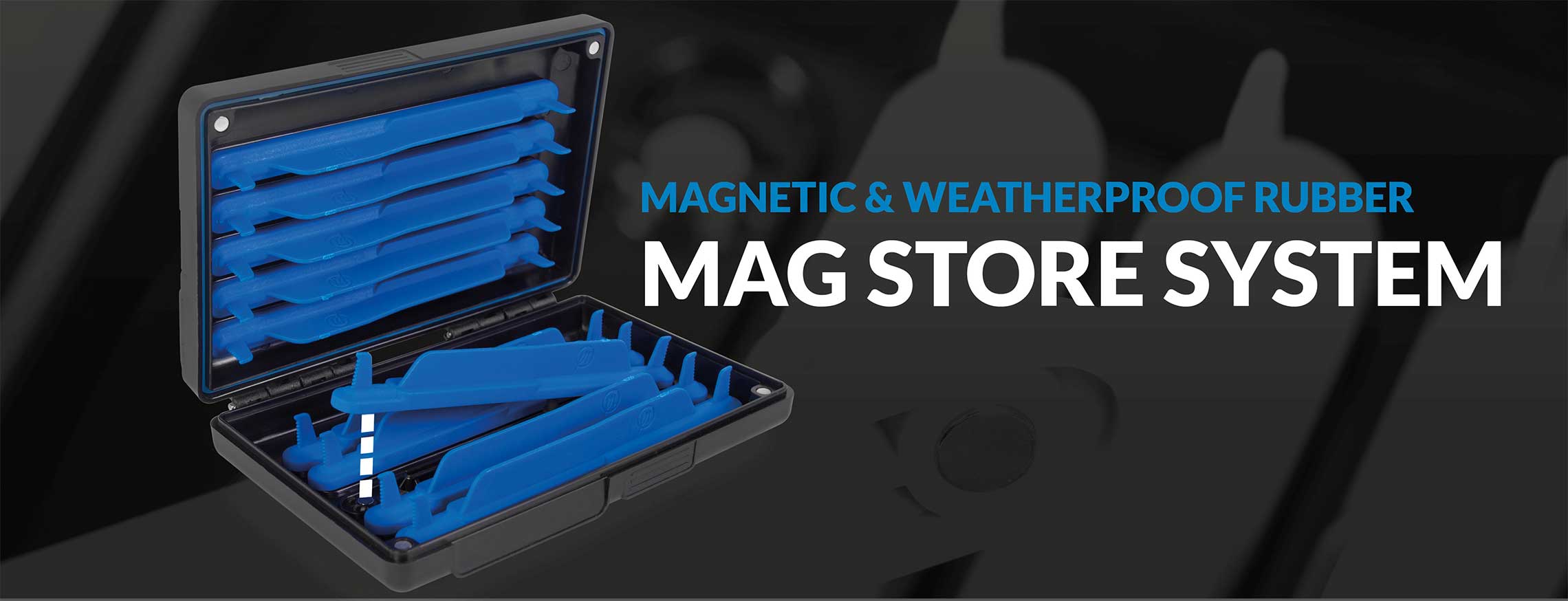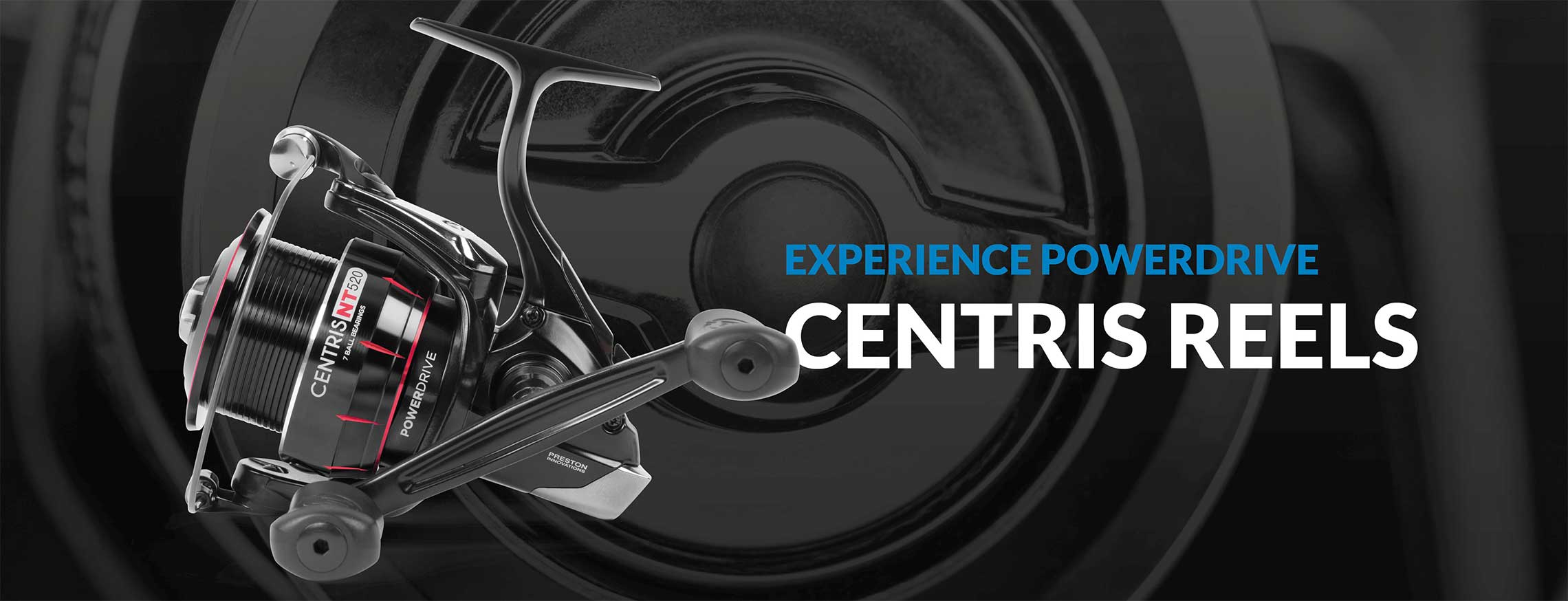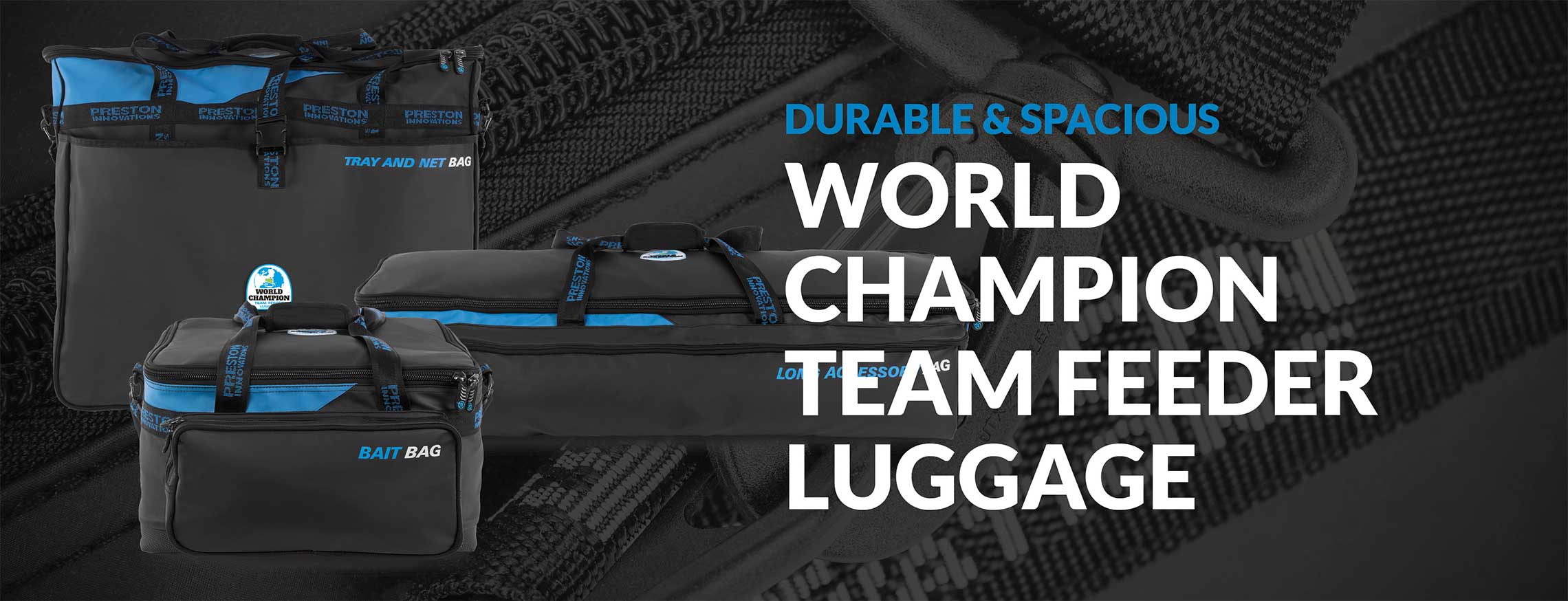Understand Bait Boyancy
Share the Understand Bait Boyancy article:
Teilen
With carp becoming bigger and wiser, match anglers are having to think of different ways to put more fish in the net. Des Shipp believes that hookbait buoyancy can play a huge part in winning more matches.  Des slips the net under yet another method-caught carp
Des slips the net under yet another method-caught carp
The past couple of years have seen a shift in the tactics that anglers use to target commercial carp. Much like the introduction and widespread use of pellets, these carp soon become wise to certain tactics used by anglers. With some fisheries holding three or even four matches per week, the fish soon switch off; this is where a change can work to your advantage.  Don’t be afraid to try different bait on your feeder
Don’t be afraid to try different bait on your feeder
Why Buoyancy?
From speaking to friends that are very good carp anglers and having watched some of the many carp angling DVDs on offer, carp fishermen are completely bonkers about the buoyancy of their hookbaits. Carp anglers target very pressured fish, they see lots of the same baits, day in day out, and the anglers have had to adapt to try and trick these fish. This is becoming much the same on commercial fisheries.
Now, using a hookbait to balance out the weight of a size 16 PR C1 might sound absurd – it’s not! We all fish matches to win; it’s the main aim of the game. To do that you need to get the fish to pick up your hookbait and the hook to catch hold. In turn that will lead to more fish in the net, and more money in your back pocket. So surely making the hookbait the first thing to enter a carp’s mouth should be top priority!
Size Matters
Buoyancy can be related to all forms of bait when fishing, it’s not only your hookbaits, but what you are feeding into the swim too. The tiny particles in groundbait are extremely light and fluffy. Drop a loaded Method feeder in a bucket of water and waft it with your fingers, you’ll soon see just how easily the particles cloud up. Pellets are much the same. Softened 2mm pellets become practically weightless underwater and can be sucked up particularly easily by a hungry carp. Even finicky feeding F1’s will make short work of pellets around a Method feeder. A mix of both can provide both scent and feed in the swim, and also differing levels of buoyancy.  I like to have the option of all three, using small 3 litre EVA Groundbait Bowls I can have these close to hand for a quick change. Some days it’s clear that one will be exactly what the fish want.
I like to have the option of all three, using small 3 litre EVA Groundbait Bowls I can have these close to hand for a quick change. Some days it’s clear that one will be exactly what the fish want.
Both pellets and groundbait are very light, they can waft around a fish-filled swim and with hungry mouths hectically sucking up any pellet they can find they’re usually eaten very easily and quickly. Eventually the heavier hookbait that you are using will get picked up and the tip will pull round. Meanwhile, you could have landed a fish and cast out another feeder load had the hookbait been right.
Carp soon become wise to certain tactics used by anglers. With some fisheries holding three or even four matches per week. this is where a change can work to your advantage.
Bottom Baits
From what I’ve said about buoyancy already, you might think I’ve gone buoyant bait crazy but don’t get me wrong, I do believe that standard baits still play huge big part in commercial fishing. When fishing venues with lots of F1’s, Method feeder fishing can get very frustrating; a few short taps on the rod tip, with no bite forthcoming can often trick anglers. So, by using a very sticky groundbait such as Sonubaits 50:50 Method & Paste Natural you can almost weld the bait to the feeder, making it hard for the finicky F1’s to ruin your presentation. In this situation the sinking Band’um or other hookbaits such as a Semi-Buoyant Oozing Boilie or 6mm Pellet are much more effective; they stay in place whilst the F1’s are attacking the feed close to the feeder.
 You don’t have to use them straight out of the tub either. Giving them a light covering of liquid flavour will give them an extra boost. You can leave them in the flavour for as long as you wish essentially getting better as time goes on.
You don’t have to use them straight out of the tub either. Giving them a light covering of liquid flavour will give them an extra boost. You can leave them in the flavour for as long as you wish essentially getting better as time goes on.
Critically balanced
After a few lengthy chats with bait guru, Ian Day at Sonubaits, I managed to get some some small semi-buoyant hookbaits made to use on my next few trips. Eventually after a couple of small tweaks and great success we had a finished product - Semi-Buoyant Band’ums.  Similar in shape to the original sinking Band’ums, these little beauties are made from a different mix than bottom baits. Created using both pop-up mix and standard bottom bait mix this makes a hookbait that will only just float when dropped into the water, attach it to a hooklength however and you have a critically balanced hookbait.
Similar in shape to the original sinking Band’ums, these little beauties are made from a different mix than bottom baits. Created using both pop-up mix and standard bottom bait mix this makes a hookbait that will only just float when dropped into the water, attach it to a hooklength however and you have a critically balanced hookbait.  By attaching the Semi-Buoyant Band’um to your hooklength it will sit just above a Method feeder, Banjo feeder, or Pellet feeder primed and perfectly placed. It’s the first thing that the carp will see, and because it is virtually weightless, will be the first item sucked into the unsuspecting carp’s mouth.
By attaching the Semi-Buoyant Band’um to your hooklength it will sit just above a Method feeder, Banjo feeder, or Pellet feeder primed and perfectly placed. It’s the first thing that the carp will see, and because it is virtually weightless, will be the first item sucked into the unsuspecting carp’s mouth.
For most of my commercial fishery Method feeder fishing I use the same setup. My favourite rod for fishing the Method is a 10ft Carbonactive Mini Carp. I haven’t used anything that is as good as this rod for short to medium range feeder fishing for carp. Coupled with a PC-R 3000 and 6lb Power Max reel line it is the ultimate Method feeder setup.





